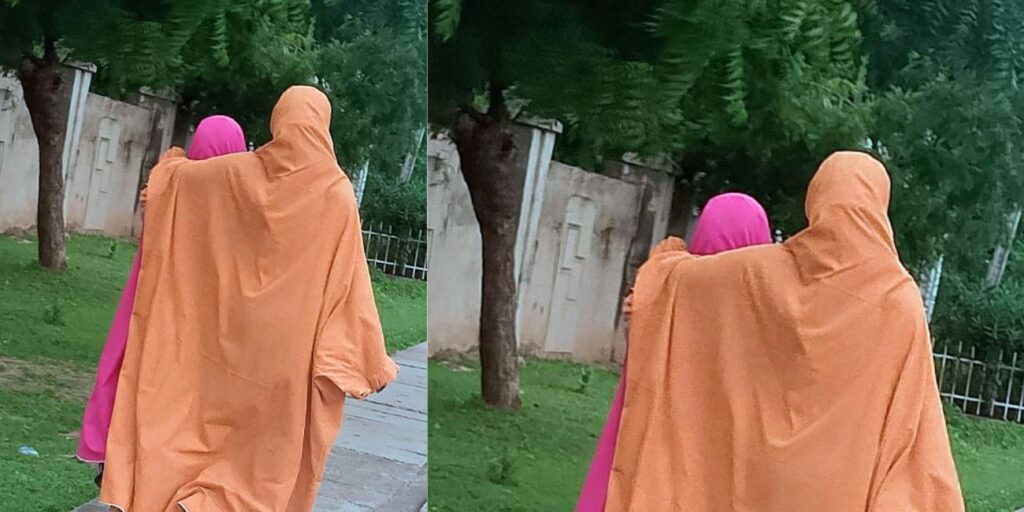A Mother’s Agony, A Nation’s Shame
In the shade of a neem tree somewhere in Katsina State, a woman’s tears tell a story that words can scarcely carry. Her voice shakes, not just from grief, but from trauma no mother — no human — should endure.
We will call her Aisha Mohammed.
Her real name is concealed for her safety, but her scars are all too real. A survivor of kidnapping, captivity, rape, and an unimaginable loss — the murder of her newborn twins by terrorists deep in the forests of Katsina.
Her journey into darkness began on April 18, 2025, during a late-night invasion of her village in Dutsin-ma. Armed bandits stormed the quiet settlement under the cover of night. Her husband — a local vigilante — resisted. He was shot dead. Aisha was taken, along with others.
She didn’t know her husband had been killed — not until months later.
“For weeks, I prayed for him to find and rescue me,” she told us, weeping. “I didn’t know I had already lost him that same night.”
But the greatest horror was yet to come.
Birth in Captivity, Death by Brutality
In the dense, guarded bandit camp, far from help or hope, Aisha went into labour. No clinic. No doctor. No mercy.
With only fellow captives to assist, she gave birth to twin boys on the forest floor — a feat of bravery, met with cruelty. The babies cried, like any newborn would.
But to the bandits, their cries were a “security risk.”
“They said my babies were making noise… that soldiers could find us. They said, ‘Your twins are a problem. We’re ending it today,’” she recalled, her voice trembling.
One week after they were born, the bandits murdered the infants in front of their mother — then fed their tiny bodies to dogs.
“I screamed. My hands were tied. I fainted. I died and came back. I watched it happen. My babies…”
— Aisha
Living Among Monsters
Aisha’s story unravels a world hidden from news headlines — a world where women are raped daily, food is rationed to one bitter meal a day, and cash flows like water among terrorists.
She recounted how the bandits stored hundreds of millions of naira — stashed in rice sacks, used to roll marijuana, and bragged about in plain sight.
They talked freely about future targets — including Federal University Dutsin-ma — planning to kidnap professors and students for ransom to buy anti-aircraft guns.
They also threatened to “clear out” entire villages suspected of helping security forces.
“They used smartphones. They had power banks. They were watching news. They knew what was going on. And yet, no one found them. No one came.”
A Fragile Escape, A Haunting Memory
A month after her babies were killed, Aisha and five others escaped one night when the guards were too drunk to notice.
But survival came with a heavy cost.
She now receives trauma care, far from the forest, but never far from the memory. Her story reveals the depth of failure in Nigeria’s security system — where high-tech bandits roam freely, plan mass attacks, and operate cash-rich empires under the nose of the government.
Aisha’s survival is miraculous. But countless women like her remain trapped in those forests — suffering silently, lost in the blind spot of the nation’s gaze.
The Bigger Question
How can terrorists possess such freedom of movement, technology, and funds — while the nation claims progress on security?
Why are ransom payments untracked? Why are phone calls unmonitored? And why are women, children, and entire communities still unprotected?
This is no longer just a security issue. It is a humanitarian collapse.
And if Aisha’s story doesn’t shake the system — what will?
“My Twins Were Fed to Dogs”: One Woman’s Escape from the Forests of Terror in Katsina
